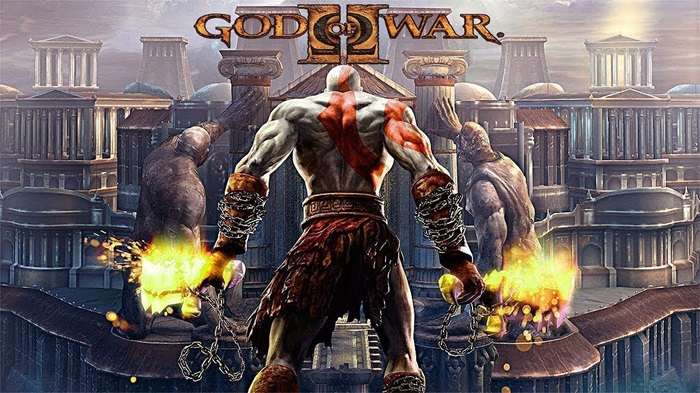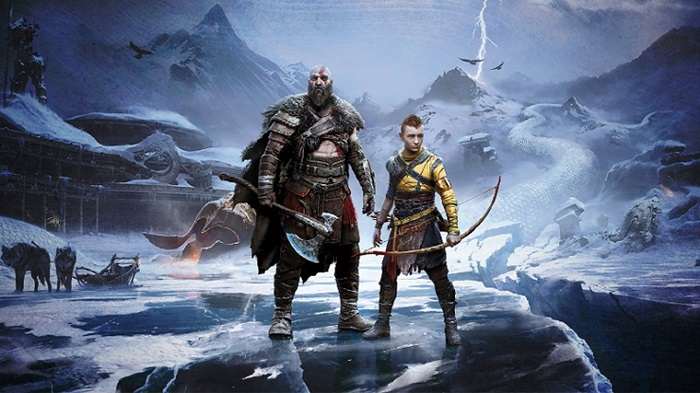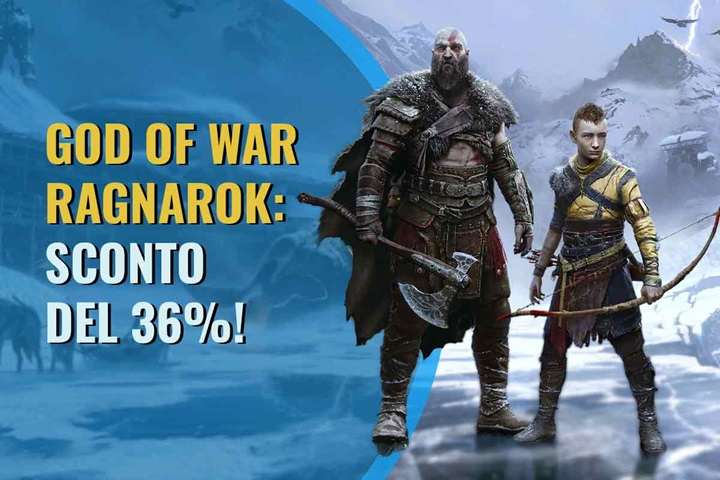Since its inception, the God of War series has captivated gamers with its blend of mythological storytelling, visceral combat, and stunning visuals. Developed by Santa Monica Studio and first released in 2005 for the PlayStation 2 (PS2), the franchise has grown into a cornerstone of action-adventure gaming. Let’s delve into the chronological order of these legendary games and their evolution through the years.
God of War (2005)
Platform: PlayStation 2
Overview: The original God of War introduces players to Kratos, a Spartan warrior on a quest for vengeance against Ares, the God of War. Set in ancient Greece, the game combines hack-and-slash combat with puzzles and platforming elements, showcasing Kratos’ journey through a beautifully crafted world of Greek mythology.
Key Features:
- Intense combat mechanics with iconic Blades of Chaos.
- Gripping storyline exploring Greek mythology.
- Cinematic presentation and epic boss battles.
- Critical acclaim for its gameplay and narrative.
God of War II (2007)

Platform: PlayStation 2
Overview: Continuing Kratos’ story, God of War II amplifies everything that made its predecessor great. The game follows Kratos’ rise to power as the new God of War and his battles against gods and Titans alike. With enhanced visuals and gameplay mechanics, it solidified the series’ reputation for cinematic action and storytelling.
Key Features:
- Expanded combat abilities and new weapons.
- More intricate puzzles and environments.
- Improved graphics and animations.
- Further exploration of Greek mythology’s depths.
God of War: Chains of Olympus (2008)
Platform: PlayStation Portable (PSP)
Overview: Serving as a prequel to the original game, Chains of Olympus explores Kratos’ service to the gods before becoming the Ghost of Sparta. Developed specifically for the PSP, it maintains the series’ signature gameplay while delivering a portable experience that expands Kratos’ backstory and his relationship with the gods.
Key Features:
- Portable gameplay with console-quality graphics.
- Story-driven narrative focusing on Kratos’ past.
- Showcases the PSP’s capabilities with epic battles.
God of War III (2010)
Platform: PlayStation 3
Overview: God of War III marks Kratos’ climactic battle against the Olympian gods, seeking revenge on Zeus and the pantheon that betrayed him. With groundbreaking visuals and scale, it pushes the PlayStation 3 hardware to its limits, delivering a grand finale to the Greek saga with massive battles and emotional depth.
Key Features:
- Epic scale battles against mythical foes.
- Seamless integration of combat and cinematic storytelling.
- Spectacular visuals and set pieces.
- Conclusion to Kratos’ quest for vengeance.
God of War: Ghost of Sparta (2010)
Platform: PlayStation Portable (PSP)
Overview: Set between the events of God of War and God of War II, Ghost of Sparta explores Kratos’ quest to uncover the truth about his origins and confront his past. Developed by Ready at Dawn, it expands on the PSP’s capabilities with refined gameplay mechanics and a deeper dive into Kratos’ personal journey.
Key Features:
- Enhanced combat and exploration mechanics.
- Rich storytelling and character development.
- Expands on Kratos’ emotional depth and motivations.
God of War: Ascension (2013)
Platform: PlayStation 3
Overview: Serving as a prequel to the entire series, Ascension delves into Kratos’ early years before his pact with Ares. It explores his struggle against the Furies and his journey to break free from their grasp. While criticized for not innovating as much as its predecessors, it still delivers the series’ trademark action and narrative depth.
Key Features:
- Multiplayer mode introduced for the first time.
- Delve into Kratos’ origins and inner turmoil.
- Stunning visuals and set pieces.
God of War (2018)
Platform: PlayStation 4
Overview: Rebooting the series with a new direction, the 2018 God of War shifts its focus to Norse mythology. It redefines Kratos as a father figure, journeying with his son Atreus through the realms of Norse gods. With a more intimate narrative and over-the-shoulder gameplay, it breathes new life into the franchise while retaining its core essence.
Key Features:
- Emotional depth and character development.
- RPG elements and exploration of Norse mythology.
- Stunning graphics and immersive world design.
- Critical acclaim and numerous awards.
God of War: Ragnarök (Upcoming)

Platform: PlayStation 5
Overview: Announced as a direct sequel to the 2018 game, Ragnarök continues Kratos and Atreus’ journey through Norse mythology, facing the cataclysmic events of Ragnarök. Promising new gameplay mechanics, deeper exploration of characters, and a continuation of the saga, it’s highly anticipated by fans eager to see how the story unfolds.
Key Features:
- Expands on the father-son dynamic and character growth.
- Next-gen graphics and gameplay enhancements.
- Continues the narrative legacy of the series.
Related Post:
Exploring “Run 3 Unblocked Games”: A Cosmic Adventure
The Ultimate Guide to Tomb Raider Games in Order: A Journey Through Lara Croft’s Legacy
The Cast of Love Island Games: Meet the Vibrant Personalities Behind the Show
The God of War series has evolved significantly since its debut, spanning multiple platforms and mythologies while maintaining its core identity of intense action, rich storytelling, and groundbreaking visuals. Each installment has contributed uniquely to Kratos’ epic saga, resonating with players and critics alike. As we look forward to Ragnarök, the series continues to push boundaries in gaming narrative and spectacle, solidifying its place among the greatest franchises in gaming history.
Through its journey from Greek to Norse mythology, the God of War games have left an indelible mark on the gaming industry, showcasing the evolution of storytelling and gameplay over the years. Whether you’re a longtime fan or new to the series, each game offers a thrilling experience filled with epic battles, emotional depth, and mythological wonders.
This article aims to provide a comprehensive guide to the “God of War” games, highlighting their evolution and impact on gaming culture. Let me know if there’s anything else you’d like to add or adjust!


